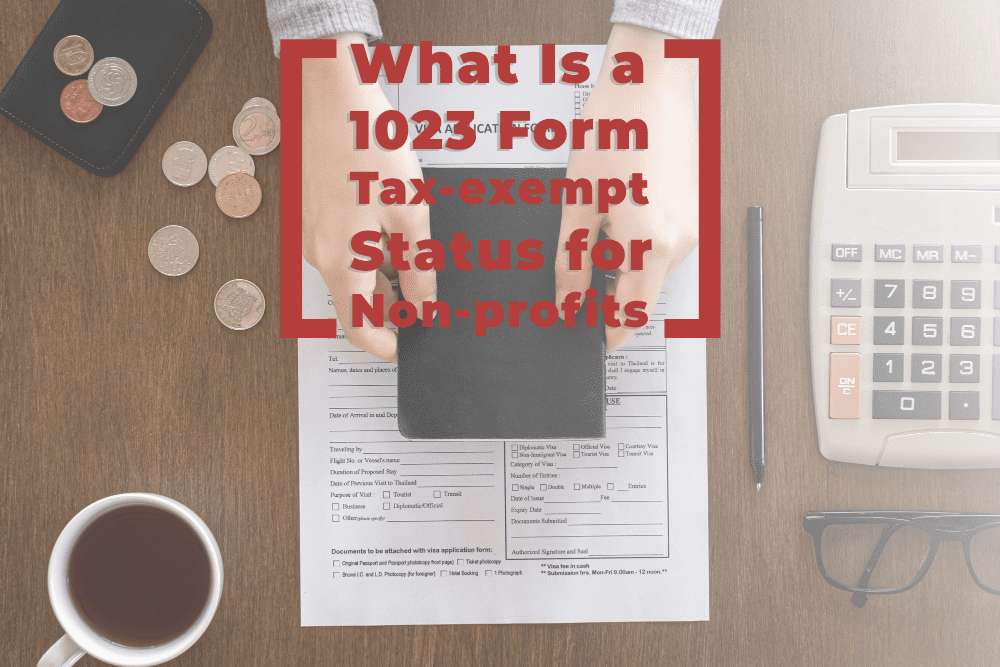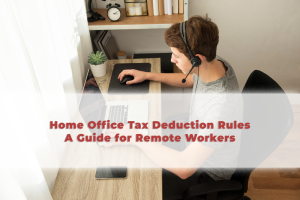Running a non-profit organization comes with a unique set of challenges, especially when managing finances. One of the best ways to make the most of your resources is by taking advantage of tax deductions available to non-profits. These deductions can help you save money and allocate funds to the causes you support. This guide will break down the Non-Profit Tax Deductions you should know, explain how they work, and provide practical tips to maximize savings.
What Are Non-Profit Tax Deductions?
Non-profit tax deductions are specific tax breaks that organizations with 501(c)(3) status can claim. These deductions reduce your taxable income, allowing you to keep more funds within the organization. While non-profits are typically exempt from federal income taxes, other taxes and expenses may still apply, which is where deductions come into play.
Key Non-Profit Tax Deductions to Know
1. Charitable Contributions
Any donations made to your organization, whether cash, goods, or services, are tax-deductible for the donor. As a non-profit, you can also claim deductions for contributions made to other charitable organizations if they align with your mission.
2. Operational Expenses
Expenses incurred while running your organization, such as rent, utilities, and office supplies, are fully deductible. Keep detailed records of these costs to ensure proper reporting.
3. Employee Salaries and Benefits
Salaries paid to employees, including payroll taxes and benefits like health insurance, are deductible expenses for your non-profit. However, these should align with industry standards to avoid scrutiny.
4. Volunteer-Related Expenses
While you can’t deduct the value of volunteer time, any out-of-pocket expenses they incur while volunteering, like mileage or supplies purchased for events, are deductible.
5. Professional Fees
Costs for hiring professionals like accountants, legal advisors, or consultants to support your non-profit operations are deductible.
6. Advertising and Marketing
Promoting your non-profit through advertisements, social media campaigns, or printed materials is a tax-deductible expense. This ensures that you can reach more people without worrying about additional tax burdens.
7. Travel Expenses
Travel costs associated with your non-profit activities, such as attending conferences, hosting outreach programs, or visiting project sites, can be deducted. These include airfare, hotel stays, and meals within reasonable limits.
What Is a 1023 Form: Tax-exempt Status for Non-profits
Navigating the world of tax-exempt status for non-profits can be tricky, especially when it comes to understanding IRS…
Read More

8.Education and Training
Any expenses for training programs, workshops, or courses that help improve your team’s skills and enhance the organization’s impact are deductible.
9. Insurance Premiums
Insurance policies for liability, property, and workers’ compensation are necessary for protecting your organization and are deductible.
10. Fundraising Costs
All costs related to fundraising events, such as venue rentals, catering, and printing materials, are fully deductible. This deduction ensures you can organize impactful events while maintaining tax savings.
Tips for Maximizing Non-Profit Tax Deductions
1. Maintain Detailed Records
Keep receipts, invoices, and logs for all deductible expenses. Organized records are crucial for ensuring compliance and avoiding issues during an audit.
2. Use Accounting Software
Invest in non-profit accounting software to track expenses and generate accurate reports. Many of these tools are designed to simplify tax preparation.
3. Consult a Tax Professional
Navigating non-profit taxes can be complicated. A tax professional specializing in non-profits can help you identify overlooked deductions and ensure compliance with IRS regulations.
IRS Resources for Non-Profit Tax Deductions
The IRS provides helpful guides and forms for non-profits. You can refer to the following resources:
- IRS Publication 557: Tax-Exempt Status for Your Organization
- Charitable Contribution Deductions
- Forms and Instructions for Exempt Organizations
Conclusion
Understanding Non-Profit Tax Deductions is essential for maximizing your savings and ensuring your organization’s financial health. By leveraging these deductions, you can allocate more funds toward achieving your mission. Keep detailed records, consult professionals when needed, and stay informed about IRS regulations to make the most of your non-profit’s tax benefits.




